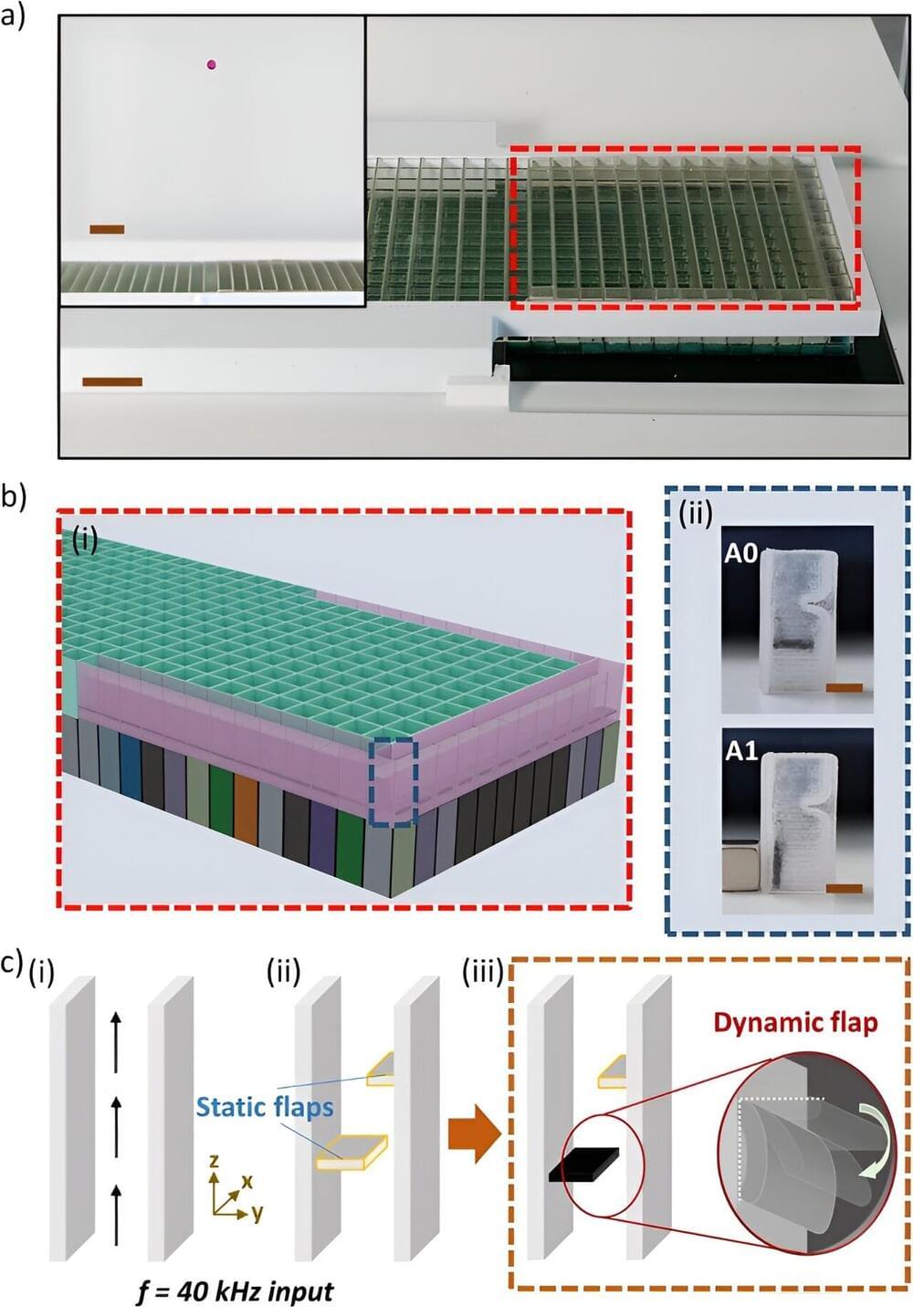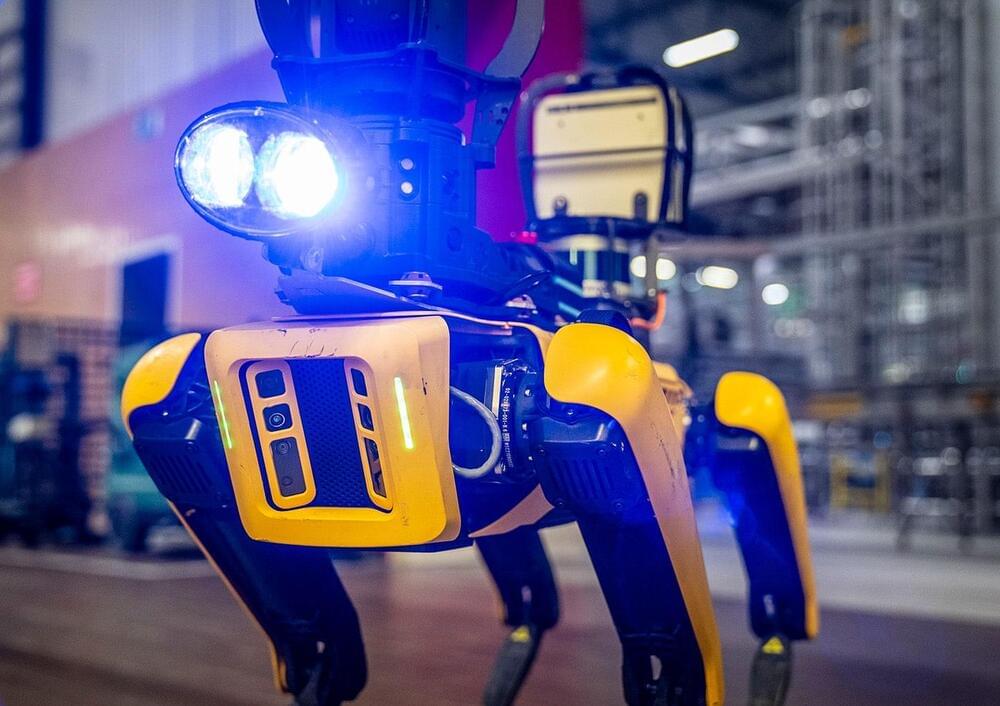Rapid-acting antidepressants, including ketamine, scopolamine and psilocybin, have been found to have immediate and lasting positive effects on mood in patients with major depressive disorder but how these effects arise is unknown. New research led by the University of Bristol explored their neuropsychological effects and found that all three of these drugs can modulate affective biases associated with learning and memory.
The paper, published in Science Translational Medicine was carried out in collaboration with researchers at Compass Pathways, Boehringer Ingelheim, and the University of Cambridge.
Negative affective biases are a core feature of major depressive disorder. Affective biases occur when emotions alter how the brain processes information and negative affective biases are thought to contribute to the development and continuation of depressed mood.









